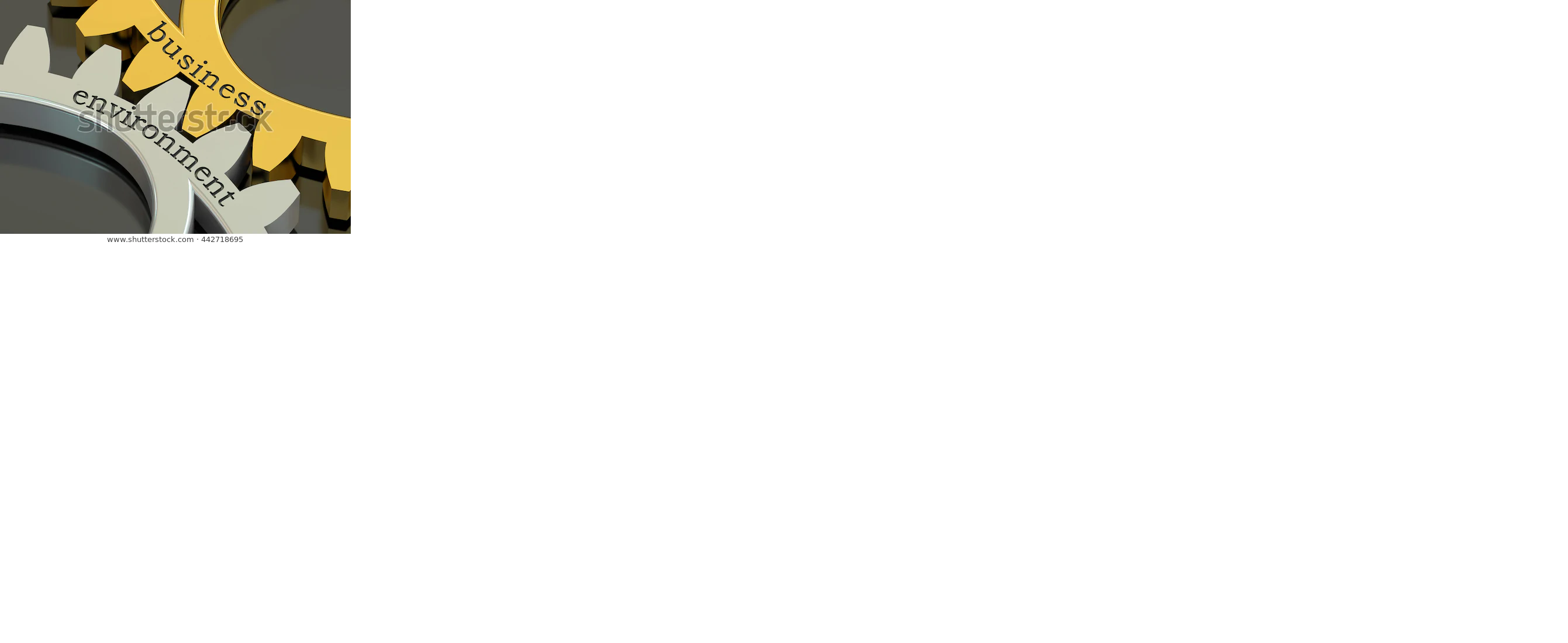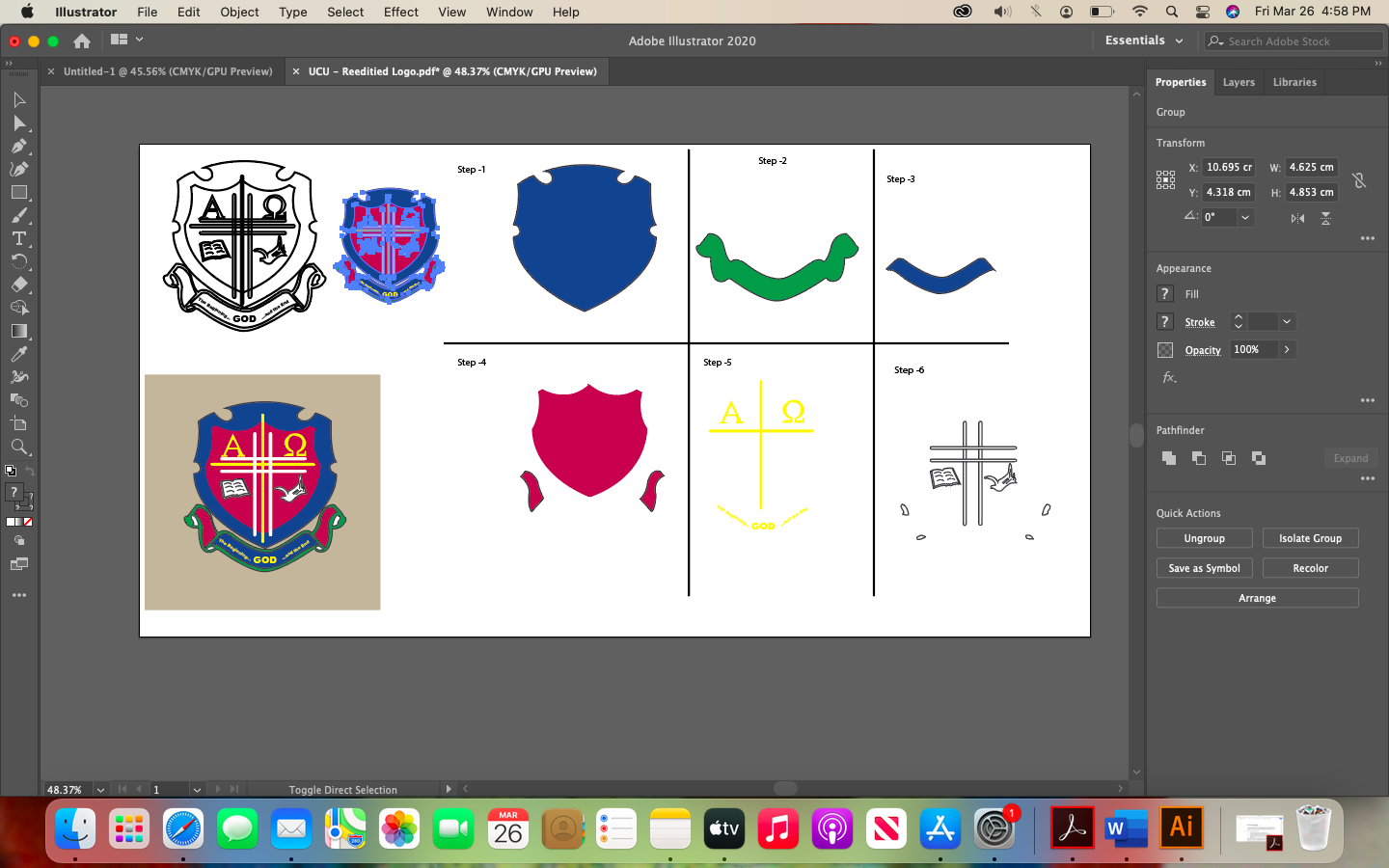Exploration in Sculpture Materials
Course Leader:
Brief Course Description.
This course allows student to design and produce items of their own choice, but with the guide of the lecturer, up to the last stage of production. The pieces shall be exhibited at the end of the course. This course is also designed to ensure students produce a stimulating and rewarding sculpture project (s) which allow them to develop knowledge, skills, understanding and confidence in expressing your ideas and feelings through sculpture through exploration of various materials
You are welcome to this course unite which is going to help you understand more about sculpture and materials. Sculpting dates back to ancient civilizations. In ancient Egypt, the Great Sphinx was carved from limestone. Sculpting was also important to the ancient Greek and Roman civilizations. Since ancient times, sculpting has persisted as one of the most popular art forms around the world to represent beauty, emotion, and form.
Sculptors, art critics, art appreciators, and art students use the common words for sculpting materials, styles, and techniques in order to have a meaningful dialogue with one another. In this course , we will learn several terms for the materials, styles, and techniques commonly used in the sculpting world.
Course Learning Objectives.
The objectives of this course unit include: Students should be able to:
· Design and produce different sculpture pieces for outdoor and indoor
· Learn using different materials for different sculptures and exploration possibilities of materials
Course Learning Outcomes.
Upon successful completion of this course learners will be able:
· To design and produce
· To use different production techniques
· To use different media for production
EVALUATION AND ASSESSMENT
All module is continuous assessments (group work, tests, attendance and participation) will form summative mark and will be taken into consideration in determining the final mark. The following will constitute the weightings:
o Individual projects weekly = @10%,
o Individual Take home Essay (manage your time and meet deadline) = 10%,
o sketches and Marquette 30%,
o Attendance and participation 10%,
o Total 100%
COMMUNICATION CHANNELS
· Online Lectures
· Moodle LMS (Course notes, discussion forum, notices, etc. online utilisation of mobile Moodle platform)
· Online Consultation times with lecturers
· Moodle LMS discussion forum
· Emails
· Zoom
· BBB
whats up forums


